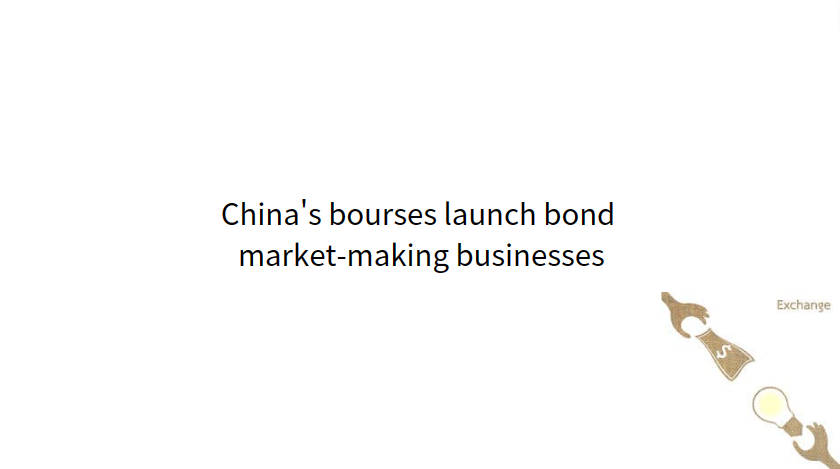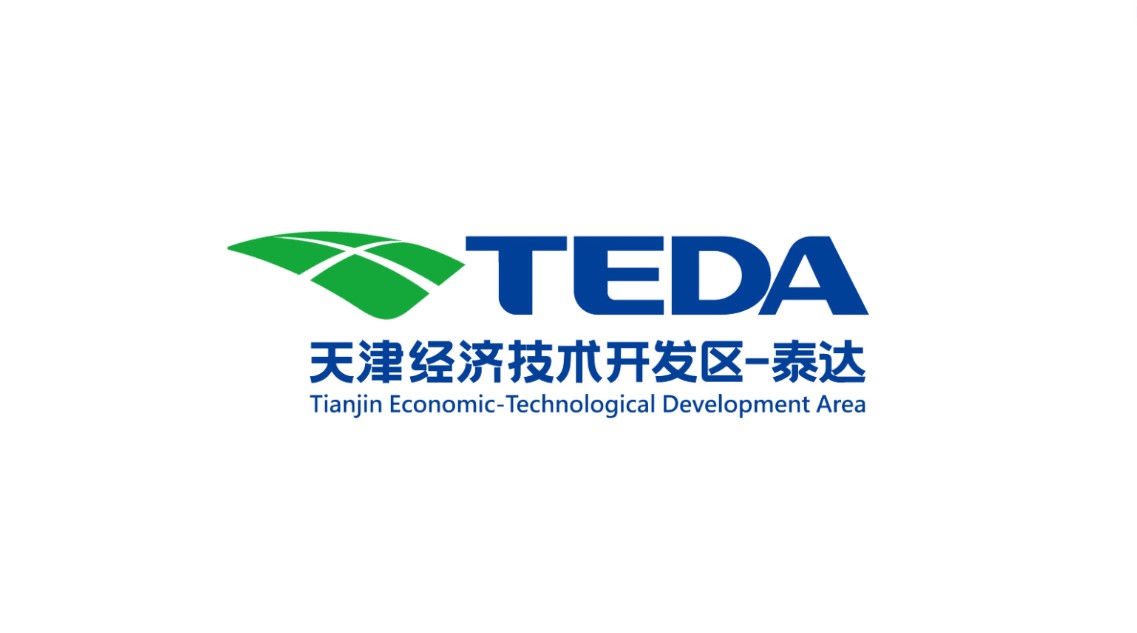RCEP enables trade among Asian neighbors to ripen
Trucks loaded with Vietnamese durians lined up for customs inspections recently at the China and Vietnam Youyi Pass, a border crossing located in a natural gap between a series of steep cliffs and hills covered in conifers and bamboo on the border of the two countries.
The Chinese flag fluttered in the breeze, and red lanterns, emblems of Chinese New Year celebrations when plates of tropical fruit are served at dinner tables across the country, were hung everywhere.
The truckloads of the prickly tropical fruit would soon be cleared for shipping to the Guangxi Zhuang autonomous region, and a few days later reach beverage shops, icecream factories and bakeries further north.
The arrival of Vietnamese durians offers an alternative to the pricier durians from Thailand, where the fruit originates. "China borders Vietnam by land, which makes transportation quicker," said Lu Xuezhuang, manager of a logistics company in Chongqing.
Dubbed the "Queen of Fruits", durians, known for their pungent aroma, are harvested between April and August, which is also the busiest time for freight companies like Lu's.
He said that he had imported some 27,000 metric tons of Vietnamese durians between September and November, which were sold to inland regions like Chongqing and Hebei, and the coastal provinces of Jiangsu, Zhejiang and Guangdong.
A boon to Chinese fruit-lovers, Vietnamese durians were approved for import in September as part of a broader change following China's signing of the Regional Comprehensive Economic Partnership, a free-trade agreement with 14 Asia-Pacific nations including Vietnam.
The agreement, which has created the world's largest trading bloc, promotes the import of a range of Vietnamese fruits such as passion fruit and bananas, as well as fruits from other countries in the region.
Wang Zhengbo, president of Guangxi TWT Supply Chain Management, an importer of tropical fruits like durians and mangoes, said a growing number of fruits from Southeast Asia have been approved for the Chinese market because of the RCEP.
His company plans to buy more durians from Vietnam and the Philippines, as well as longan from Cambodia, to meet the growing Chinese appetite for exotic fruits.
He also sees more investment in e-commerce.
"We will work with orchards in Southeast Asia to sell fruit online," Wang said. "In the near future, the fruit will find Chinese buyers as soon as it is harvested."
Lin Xiaoming, a customs officer at the pass, said that it was the most convenient land passage between China and members of the Association of Southeast Asian Nations.
He said more reforms are planned with the aim of fast-tracking the clearing of farm produce and other perishable products at the port.
China's recent decision to downgrade management of COVID-19 has added momentum to cross-border trade.
When stringent COVID-19 rules were in place, truck drivers from Vietnam had to leave their containers in a buffer zone, and find designated drivers on the Chinese side to complete the process.
The arrangement helped reduce imported infections, but added costs for freight companies, and made customs clearance lengthier.
Liang Donghai, manager of a supply chain company in Guangxi, said the change, which now allows Vietnamese drivers to cross the border, has reduced transportation costs by as much as 60 percent.
Lu Qinghua, a truck driver in Guangxi, said that he had been closely following changes to COVID rules.
"My colleagues and I were excited when we heard about the downgrade, because drivers will wait less and be able to fill more orders," he said.
Wu Xiaohui, Party secretary of Pingxiang, where the pass is located, said that with virus management downgraded, the city is working to more closely integrate with the Belt and Road Initiative and to become a new trade route in western regions.






















































First, please LoginComment After ~